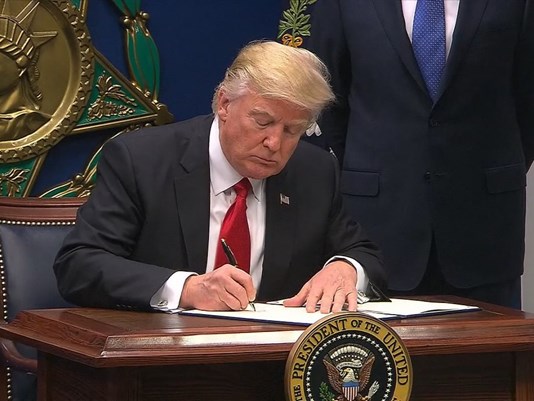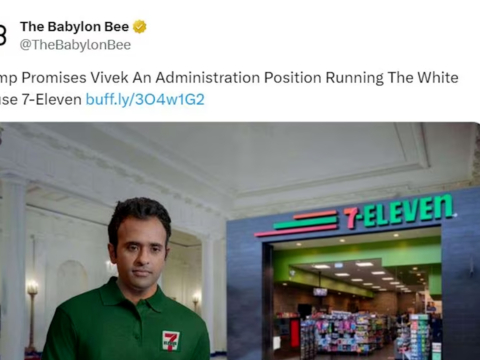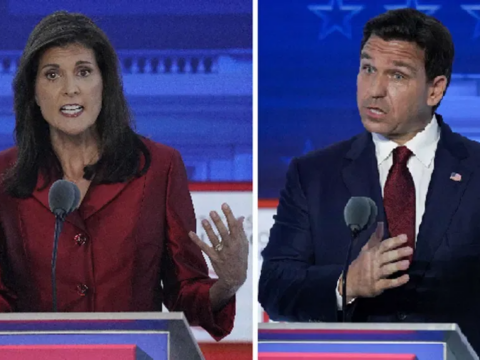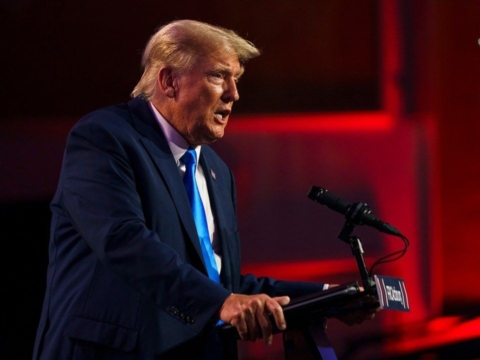
SAN FRANCISCO (Diya TV) — A federal appeals court has maintained the suspension of President Trump’s controversial immigration order, meaning previously banned refugees and citizens from the seven Muslim-majority nations named in the executive order can continue entering the U.S.
A panel with the U.S. Court of Appeals for the 9th Circuit upheld the ruling of U.S. District Judge James Robart, who had previously ruled that Trump’s temporary travel ban should be halted. The Department of Homeland Security shortly after suspended all enforcement of the directive.
The Justice Department, which represents the Trump administration, could now appeal to the Supreme Court — a body that has historically sided with the executive on matters of immigration and national security. However, the Supreme Court remains one justice short, and many analysts see the final vote split, 4-4. A tie would keep in place whatever the appeals court decides.
A Justice Department lawyer, representing the Trump administration, and Washington state’s solicitor general, representing the opposition, made their final arguments before the appeals court Tuesday at a contentious hearing. Both sides were cornered with skeptical questioning, the panel seemed most interested in what evidence Trump relied upon in implementing his order. The three-judge panel was also particularly curious about what limits the Justice Department saw on the president’s authority to set immigration policy.
Judge Michelle Taryn Friedland, who was appointed by President Barack Obama, asked a Justice Department lawyer if the government had “pointed to any evidence connecting these countries with terrorism.”
Judge Richard Clifton, a President George W. Bush appointee, cited the fact the government already has a process in place to screen people coming from those countries and asked, “Is there any reason for us to think that there’s a real risk or that circumstances have changed such that there’s a real risk?”
“The president determined that there was a real risk,” responded the August E. Flentje, the Justice Department lawyer.
Federal courts in New York, California and elsewhere already had blocked aspects of the ban from being implemented, although one federal judge in Massachusetts declared that he did not think that challengers had demonstrated that they had a high likelihood of success.
Information from the Washington Post contributed to this report.




